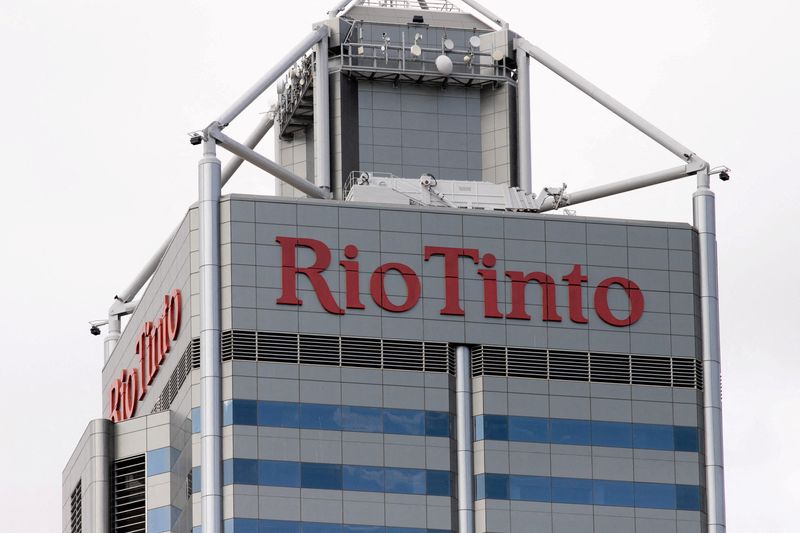Argentina Approves $2.5 Billion Rincon Lithium Project by Rio Tinto to Boost Global EV Supply Chain
In a major development for the global electric vehicle (EV) supply chain, Argentina’s government has approved the $2.5 billion Rincon lithium mining project, spearheaded by global mining giant Rio Tinto. The project, located in the lithium-rich Salta Province, is positioned in the heart of the “Lithium Triangle”—a region spanning Argentina, Bolivia, and Chile that holds more than half of the world’s lithium resources.

Strategic Investment for the Energy Transition
With global demand for lithium carbonate skyrocketing due to the rapid adoption of EVs, energy storage systems, and other green technologies, Rio Tinto’s Rincon project is a strategic move to secure a stable and scalable source of this critical mineral.
The project aims to produce approximately 50,000 tonnes of battery-grade lithium carbonate annually, enough to support the production of over 1 million electric vehicles per year. It represents a key step in Rio Tinto’s strategy to diversify and expand its critical minerals portfolio.
Government Backing and Economic Impact
The approval from Argentina’s federal and provincial authorities signals a strong commitment to developing the country’s mineral resources. The project is expected to generate thousands of direct and indirect jobs, stimulate regional infrastructure development, and increase Argentina’s share in the global lithium market.
Argentina’s Ministry of Mines and Energy stated:
“The Rincon project is a milestone in our national lithium strategy. It brings responsible investment, modern technology, and long-term partnerships that benefit both local communities and global decarbonization goals.”
Rio Tinto’s Commitment to Sustainability
Rio Tinto has emphasized that the Rincon project will be developed using direct lithium extraction (DLE) technology, which allows for higher lithium recovery with a lower environmental footprint compared to traditional evaporation pond methods.
The company has committed to sustainable water use, transparent community engagement, and adherence to international ESG (environmental, social, and governance) standards. Rio Tinto also plans to collaborate with local Indigenous communities to ensure fair benefit-sharing and respect for cultural heritage.
Rio Tinto CEO Jakob Stausholm commented:
“This is more than a mining project—it’s a key part of the global transition to clean energy. Rincon will deliver lithium to the world while setting a new standard for responsible development.”
Geopolitical and Market Implications
As major economies race to secure supplies of critical minerals, Argentina’s lithium resources have drawn interest from multiple international players. The approval of Rincon underscores the country’s rising profile as a reliable and resource-rich lithium producer.
The move also complements recent U.S. and EU efforts to build more resilient, non-Chinese lithium supply chains, with Argentina playing a crucial role as a democratic and market-friendly jurisdiction.
Challenges Ahead
Despite the positive outlook, the Rincon project will need to navigate:
-
Environmental scrutiny over water use in arid high-altitude regions.
-
Social license to operate from local Indigenous and rural communities.
-
Global lithium price fluctuations and market volatility.
Still, the combination of cutting-edge technology, a strong developer, and government support positions the Rincon project as a flagship development in the global lithium landscape.

